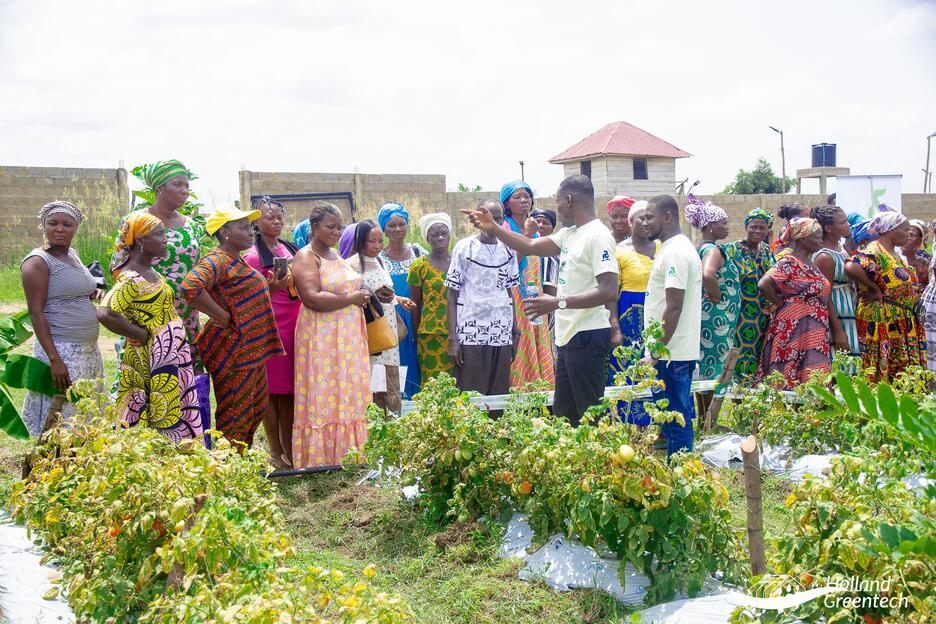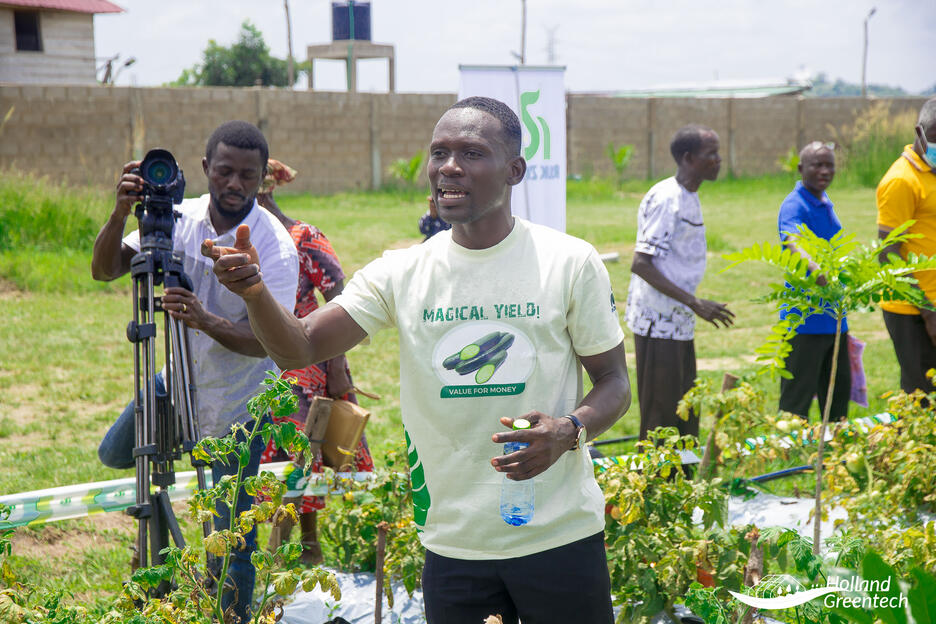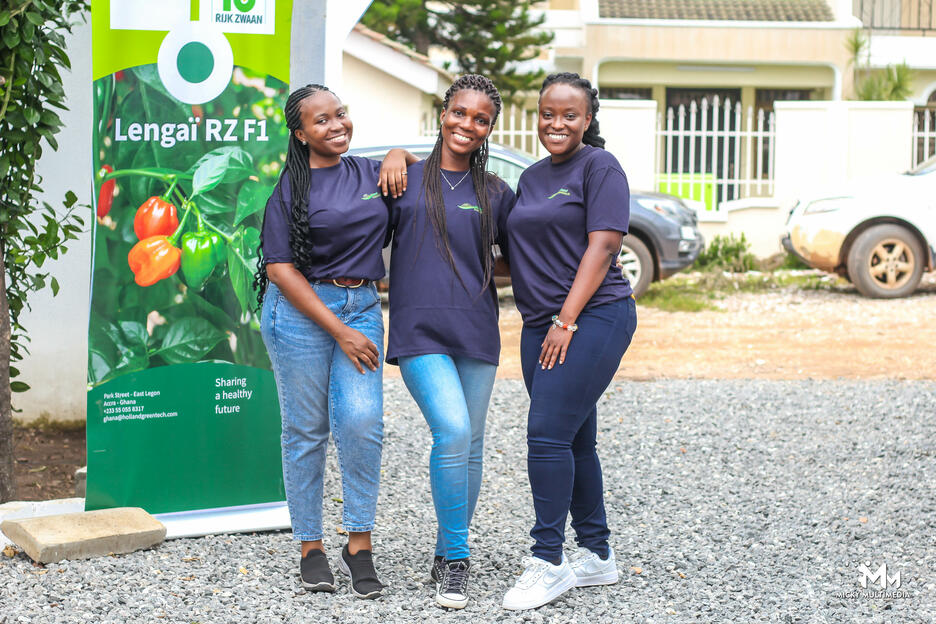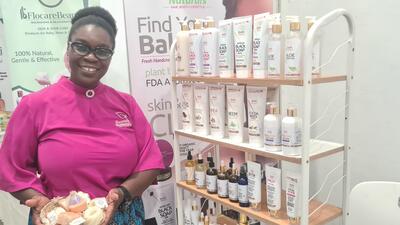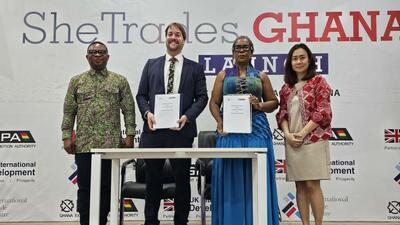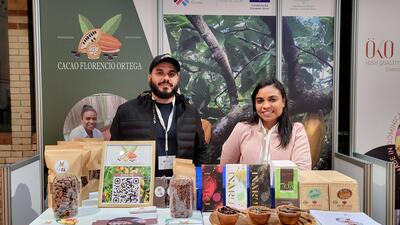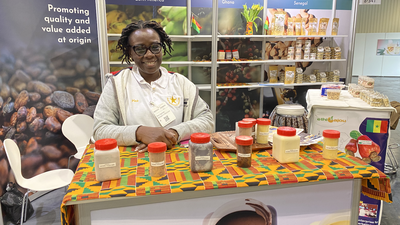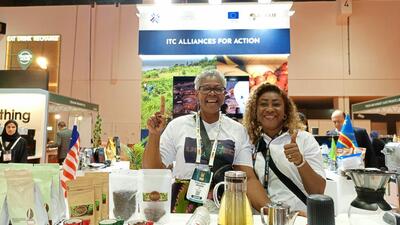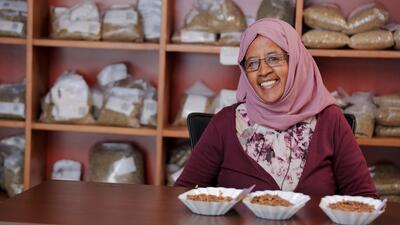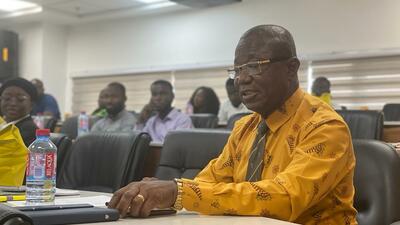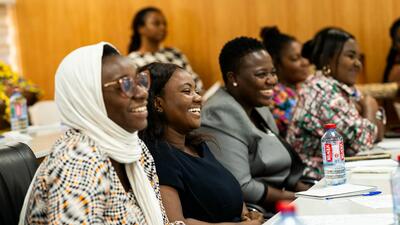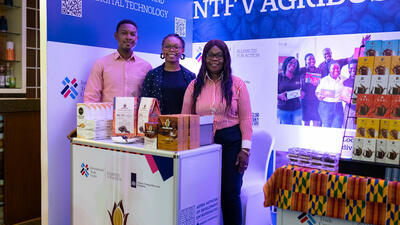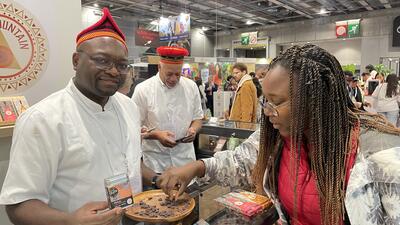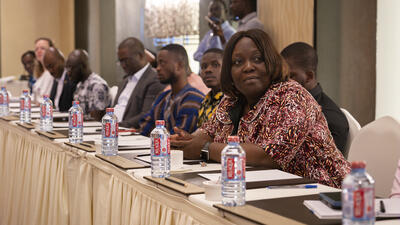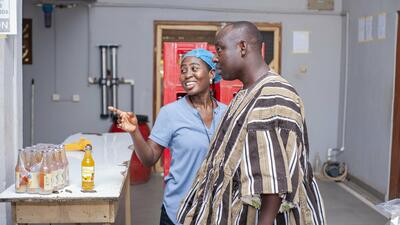
The next in horticulture
Horticulture is the branch of agriculture that deals with the art, science, technology, and business of plant cultivation. What does the sector look like in Africa? With agriculture being the backbone in many African economies, Holland Greentech’s mission is to invest sustainably in horticulture for better food production, food safety and a more efficient use of natural resources.
Trade Forum talked with Ghana Country Director Celestina Danso Arhin, and Business Development Manager Deborah Anobil, to understand how technology can influence agriculture and create jobs that last for youth.
Holland Greentech is a social enterprise that aims to develop horticulture across Africa. We are present in over 12 countries and have offices in Accra, Kumasi, the Volta region and now in the Western region of Ghana. Our company provides training and advisory services to farmers in combination with high-quality agricultural inputs based on Dutch skills and technology.
We are official distributors for Rijk Zwaan (seeds), Rivulis irrigation, Robinson Agri (greenhouses), AgroCares (soil analysis) and environmentally friendly integrated pest control among others. By making these inputs available locally we inspire farmers to improve their yields and incomes. Moreover, we provide each client with agronomic advice and growing protocols.
Currently we are working with the Dutch Embassy to improve youth employment in Kumasi and the Volta region. So far, we have trained over 5,000 Ghanian farmers on best agricultural practices.
Youth are increasingly losing interest in Agriculture as society considers farming to be a profession for the poor. We therefore try to convince young people that farming can be a lucrative and attractive profession. Once you incorporate technology, you can bring your horticulture produce to the next level – and generate more money and employment in Ghana.
For example, a prominent agriculture youth activist helped us advertise free seeds for those who would like to start a business in farming but do not have the means. One young farmer received 100 seeds, and after incorporating basic technologies like irrigation and mulching, he was able to buy 40,000 seeds and start a business which helps the local youth.
Changing the “old farming” ways is not easy, for example, convincing people to use irrigation systems instead of relying on rain-fed irrigation which is now necessary due to extreme drought or rainfalls.
We are working together with lead farmers in communities to offer free demonstrations on site as well as online to convince farmers and young people of the advantages technology can bring to their farming.
We met last year. ITC is looking for ways to address the whole value chain.
While we at Holland Greentech mostly focus on the technological hardware such as greenhouses that support agribusiness and farmers to be more efficient or training them on how to use seeds or fertilizers for sustainable production, ITC is connecting our farmers and other agribusiness stakeholders along the value chain to digital solution providers, who bring platforms and technology for selling their produce.
These digital solutions also include financing for farmers, mobile money payment, climate-smart agricultural information for farmers, commodity trading platforms, and ERP software providers.
Our goal is to make agriculture an interesting and lucrative venture by introducing modern and precise ways of farming based on digitization and mechanizing the horticulture field.
This way people will hopefully see that agriculture is a promising sector, filled with young entrepreneurs.
The International Trade Centre (ITC) under its Netherlands Trust Fund V project is organizing an agritech field trip to Kumasi in April together with Holland GreenTech, the Dutch Embassy and EastWestSeed. ITC is sending tech companies to meet with horticulture agribusinesses to see how their tech solutions can support their agribusiness.




